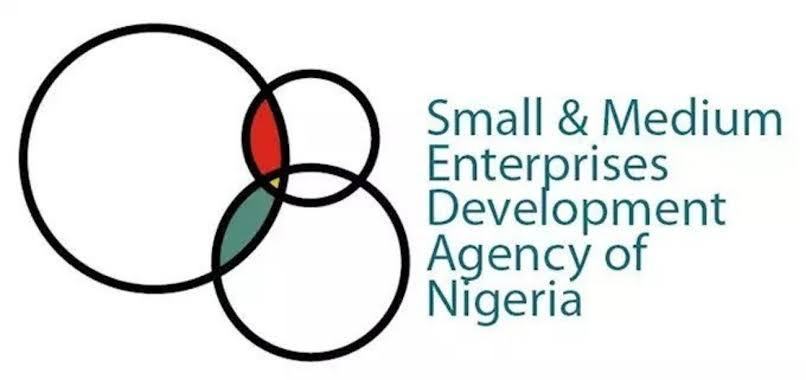
By Tamba Jean-Matthew III
In a press statement recounting het fight against Covid-19, the WHO boss said that more cases of the pandemic have been reported in the past 4 weeks than in the first six months of the pandemic.
This week (20 November), Tedros Adhanom Ghebreyesus said there has been more good news from vaccine trials, “which continues to give us hope of ending the pandemic”, adding that “at the same time, we must continue to use the tools we have to interrupt the chains of transmission and save lives now.”
He observed that antimicrobial resistance may not seem as urgent as a pandemic, but it is just as dangerous.
For years, he said, WHO has been working with the Food and Agriculture Organization of the United Nations, and the World Organisation for Animal Health, to address antimicrobial resistance and other health issues.
Today, he continued, we are launching the One Health Global Leaders Group, which will bring together prominent leaders from government, the private sector, and civil society organizations, to advocate for urgent action to combat the threat of antimicrobial resistance.
The WHO boss recalled that the COVID-19 pandemic was a stark reminder of the intimate relationship between humans, animals, and the planet we share.
“We cannot protect and promote human health without paying attention to the health of animals and the health of our environment.
“That’s nowhere more true than in the case of antimicrobial resistance – one of the greatest health threats of our time,” insisting that antimicrobial resistance may not seem as urgent as a pandemic, but it is just as dangerous.
He explained that it threatens to unwind a century of medical progress and leaves us defenceless against infections that today can be treated easily.
Although antibiotics are a key focus, antimicrobial resistance also includes resistance to medicines for HIV, malaria, neglected tropical diseases and more.
It can be recalled that Wednesday (25 November) marked the start of World Antimicrobial Awareness Week, an annual opportunity to raise awareness of antimicrobial resistance and encourage best practices among the general public, health workers and policymakers to slow the development and spread of drug-resistant infections.
The slogan for 2020 is “Antimicrobials: handle with care”.
He explained that WHO’s latest report, with data from 136 countries, shows that almost 90% of countries have national action plans for antimicrobial resistance, but only 20% have identified funding for implementation.
To help address that gap, he said, together we have established a trust fund to support low- and middle-income countries to develop a truly One Health approach to addressing antimicrobial resistance.
He expressed thanks to the governments of the Netherlands, Sweden and the United Kingdom, for helping to raise US $13 million, which will provide the first round of support to eleven countries, but did not say if any African country was among them.
By Tamba Jean-Matthew III in Dakar and WHO sources














